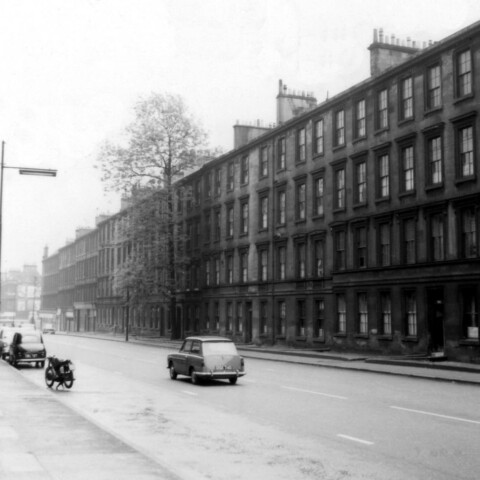That time GARY STEEL chatted with drummer Sly Dunbar of the famed Jamaican rhythm section, Sly & Robbie. First, the story. After, the unexpurgated interview.
 Original Intro: Jamaica’s premiere rhythm partnership, Sly and Robbie, have finally made an album that takes them into the new millennium. GARY STEEL minces words with SLY DUNBAR.
Original Intro: Jamaica’s premiere rhythm partnership, Sly and Robbie, have finally made an album that takes them into the new millennium. GARY STEEL minces words with SLY DUNBAR.
Legend. It’s one of those words rendered meaningless in the entertainment industry, where ambitious wannabes and washed up yesterday men all have ardent supporters willing to bestow greatness upon them.
For Sly Dunbar and Robbie Shakespeare, however, the description is apt: by consensus, they are the best rhythm section in reggae, and possibly the whole of popular music. Have a squiz at the history of Jamaican music, and the dynamic duo are the prominent pair, whatever the style of music, from traditional roots reggae through the dub experiments of the mid-’70s and on to the international success of groups like Black Uhuru in the early ’80s. Then take a peak at the credit notes on dozens of albums by huge rock and pop stars, from Bob Dylan to Mick Jagger.
 Decades of international engagements have softened Dunbar’s Jamaican accent, but it’s still a difficult patois to negotiate down a buzzing phone line. And while his attitude reeks of seasoned professionalism, the rhythm killer obviously has more to say on a drumkit than in a brief chat with some quizzy honky thousands of miles away.
Decades of international engagements have softened Dunbar’s Jamaican accent, but it’s still a difficult patois to negotiate down a buzzing phone line. And while his attitude reeks of seasoned professionalism, the rhythm killer obviously has more to say on a drumkit than in a brief chat with some quizzy honky thousands of miles away.
Dunbar doesn’t get to play much on the new Sly and Robbie album, however: all his basic drum parts were fragments already stored in computers. “I just programme it on this album,” says Dunbar, “because some of the rhythm tracks I already had in my machine. In Jamaica now there isn’t really room for the live thing like we used to do in the 70s. These engineers they need to learn how to ‘mic’ the live drums, it would be good for them, you know?”
Ironic, really: before drum machines and computer programming, Dunbar was the ultimate human drum machine, his wonderfully steely, precise playing laying the foundations for the original drum and bass music. Hence the new album’s name, Drum & Bass Strip To The Bone By Howie B. It’s not that they’re mimicking the voguish English phenomenon known as drum and bass, but reclaiming their right to the name, and the Jamaican origins of the style.
“Chris Blackwell thought drum and bass is getting big, you’re really the cause of drum and bass, so you should really do an album and get Howie B involved. We didn’t know who Howie B was. Chris sent Howie to Jamaica. He’s very good, you know? I enjoy working with him. He knows his job and he knows what he’s looking for, and I can’t wait to do the next album with him.”
 For the uninitiated, Chris Blackwell is the former Island label boss who played a huge role in putting reggae on the international map. Now fronting a new label, Palm Pictures, Blackwell was quick to sign up his old friends Sly and Robbie. Howie B is the hip young Irish producer/remixer whose own records are masterpieces in sampled grooves, and who played a role in recent efforts by U2.
For the uninitiated, Chris Blackwell is the former Island label boss who played a huge role in putting reggae on the international map. Now fronting a new label, Palm Pictures, Blackwell was quick to sign up his old friends Sly and Robbie. Howie B is the hip young Irish producer/remixer whose own records are masterpieces in sampled grooves, and who played a role in recent efforts by U2.
Where the last Sly and Robbie album, Friends, was curdled by too many over-cooked collaborations, the new effort is a polar opposite. Strip To The Bone describes it well; crisp, skeletal beats and boiler room bass, topped with Howie B’s whisps of electronic tomfoolery. It’s not cutting-edge stuff, but it has a subtley fresh fragrance.
What was the methodology behind the creation? “Howie worked there all the time while the tracks were being laid, and he was turning out stuff while we were playing and after we were playing. He was doing it in real time, all the production, like Lee ‘Scratch’ Perry, you know?” The result is an album which passes by in a perfect Sunday afternoon hot house delerium, without ever prescribing a clear way forward. The more stretched out, languid, minimalist grooves are the best, while there are also echoes of the somewhat dated ’80s sounds of producer/artists Adrian Sherwood and Bill Laswell.
Dunbar doesn’t know what I’m talking about, can’t remember the song titles, but good naturedly offers his comment on the nature of fashion. “I don’t really care about trends, I just make music that has a groove. If it hasn’t got a groove, it’s work. I look around at what a trend is, if it’s going to last. But I wouldn’t call it a trend, I would call it a merging of rhythm and different ideas going together, you know? And if it doesn’t work, you have to keep moving to the next level.”
Having worked with many of the top names in pop, and released all-star, everything-but-the-kitchen-sink albums in the ’80s, the original drum and bass duo of Sly and Robbie are always happy to return to roots.“Always love the roots, mon, always come back. It’s where you’re coming from. You need to come back to the roots, otherwise you never get to the next thing, you never grow, and at times you can take ideas and come right back to your roots with these.” As for the longevity of their musical partnership (they met and began working together in 1972), Dunbar says, “We’re still friends, business partners, everything. We put our ego in a trash bin, you know?”
“Say hello to the people of Venezuela for me,” says Dunbar, signing off. Yeah, right Sly, right.
+ Sly and Robbie’s ‘Drum & Bass Strip To The Bone By Howie B’ is out now on Palm Pictures, distributed by Festival.
 THE INTERVIEW TRANSCRIPT
THE INTERVIEW TRANSCRIPT
Gary Steel – What have you got lined up for the last year of the century?
Sly Dunbar – Well I don’t know what I’m goin’ to play but it’s gotta be funky…
Gary – It’s a full schedule?
Sly – Uh-huh. I’m goin’ to do some Latin stuff some more, you know.
Gary – Cuban?
Sly – Yeah. On the album there’s a track, I don’t know the nameof the track, but it’s like a Latin song. More of that stuff we’regonna be doing, you know? Caribbean music, you know.
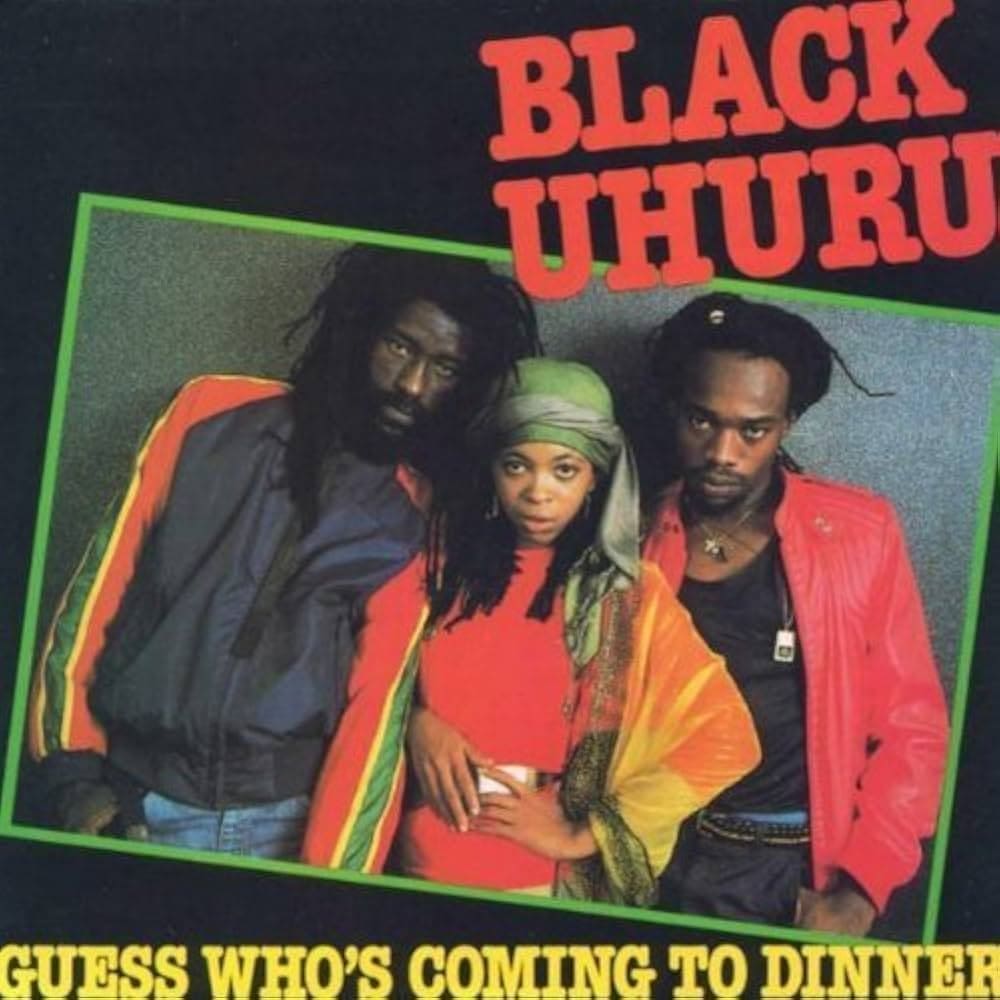
Gary – What’s your big fascination with the Cuban sound?
Sly – Cuba is 90 miles from Jamaica, and I always liked thepercussion and stuff like that, the groove, the rhythm you have to move, you know. I realise that dancehall is almost from the same family. Have you heard of a song call ‘Foundation’? Listen to that… with the Latin percussion inside of the dancehall you know? We want to keep the music so people can dance so we call it LaTrengae like Latin reggae without percussion and shakers.
[play ‘Foundation from album]
Gary – How did the Drum & Bass Strip To The Bone album come about?
Sly – It was Chris Blackwell, he thought drum and bass is getting big, you’re really the cause of drum and bass so you should really do an album and get Howie B involved, and we didn’t know who Howie B was then. He played an album of Howie B, and he sent Howie B to Jamaica. Howie B’s very good you know, I enjoy working with him you know? He makes the track come alive. So it’s good working with him and he knows his job and he knows what he’s looking for. I can’t wait to do the next album with him.
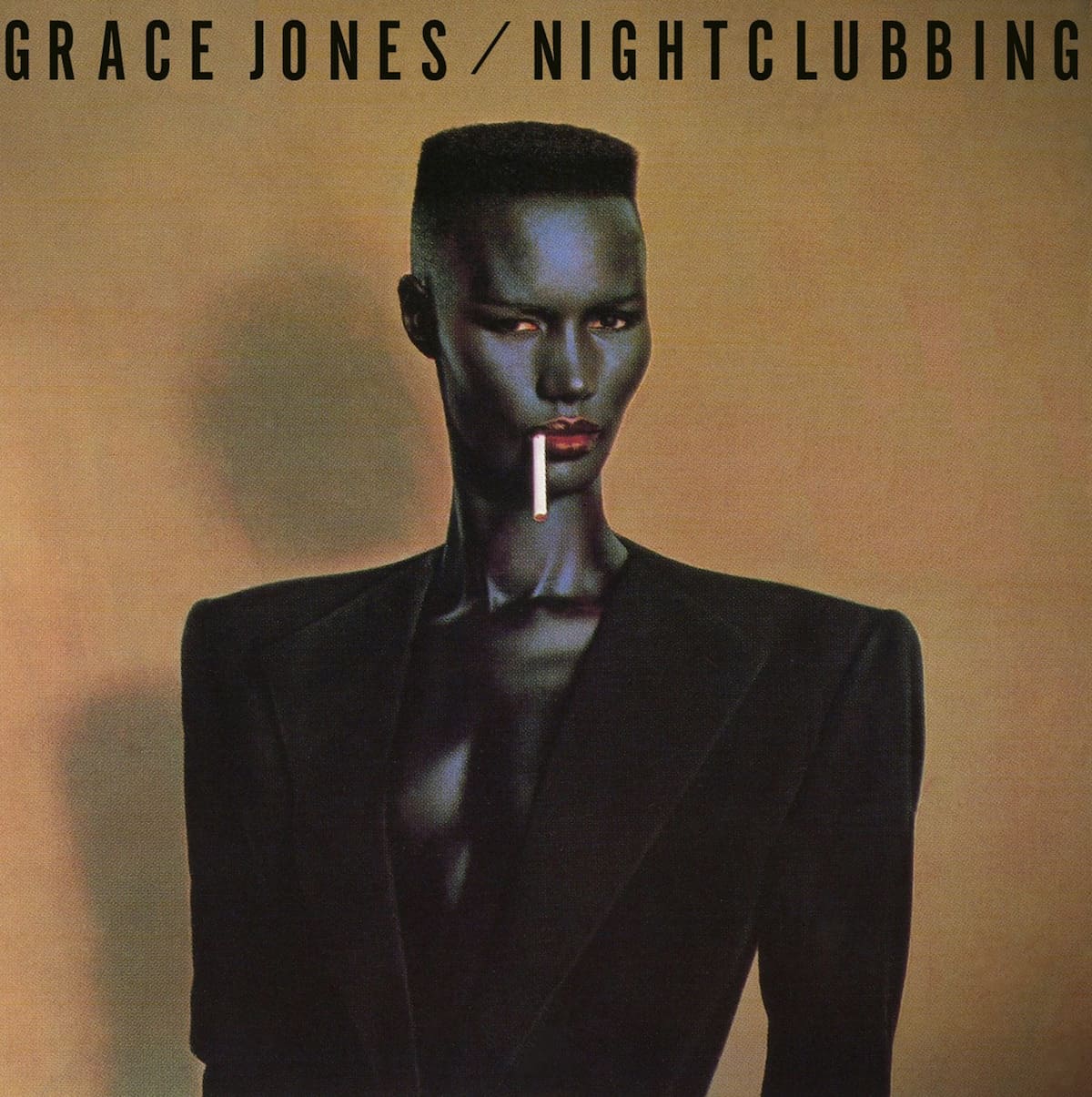
Gary – You’re doing another one with him?
Sly – Yeah I think we have to repeat it, it’s a good combination.
Gary – how did you actually work? Did you lay your tracks down first?
Sly – He worked there all the time while the tracks were being laid, and he was turning out while we were playing and after we were playing. He was doing it in real time. All the production work like Lee Scratch Perry.
Gary – You programmed drums… Did you programme more than play?
Sly – I just program it on this album, because some of the rhythm tracks I already had in my machine. in Jamaica now there isn’treally room for the live thing like we used to do in the ‘70s youknow? These engineers need to learn how to mic the live drums, itwould be good for them, you know? The drum machine stuff is direct,you know?
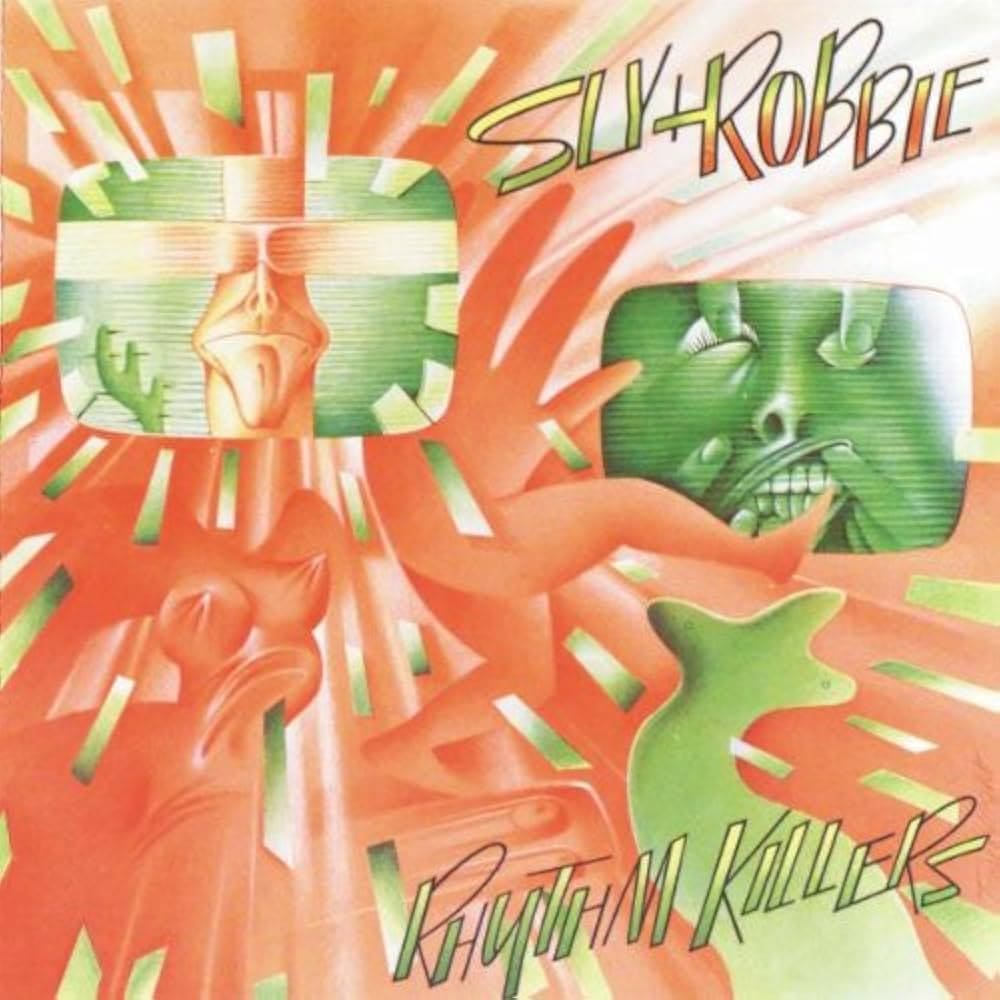
Gary – Is it as much fun as playing?
Sly – Well I just use the drum machine to play in my ideas so I can listen back to what I have done. What I like about it is the percussion… you can listen back to what you’ve done instead of hiring a professional player.
Gary – What’s that cool distorted noise you hear in some of the tracks?
Sly – I don’t know what it is, but he was turning knobs and gettingall different sounds you know?
Gary – In places it had that Tackhead/Adrian Sherwood feel… Was that intentional?
Sly – Well I don’t know the title of the songs you know, because I don’t have a copy.
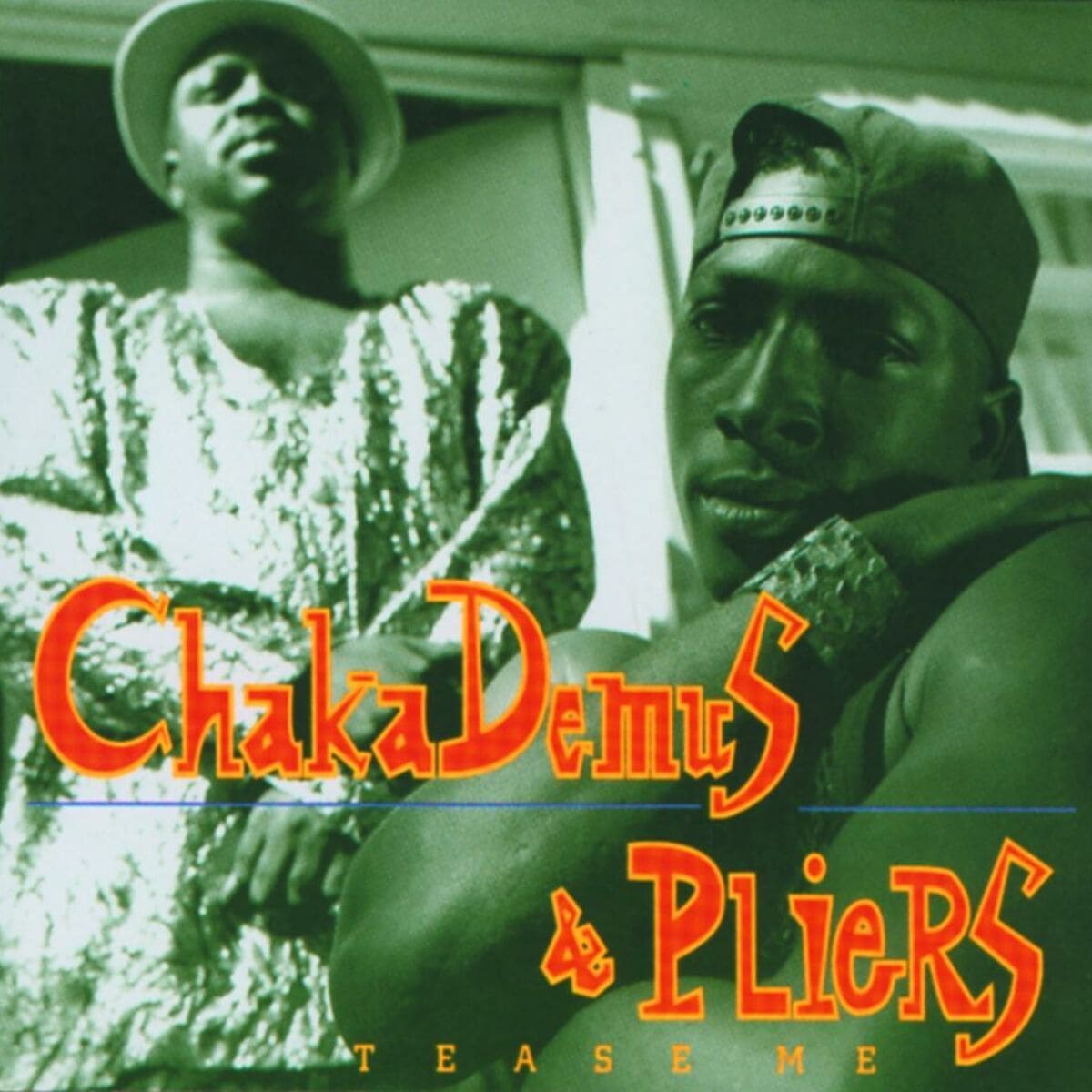
Gary – I have a friend who says he gave you his first drum machine, TomBailey?
Sly – Tom Bailey. (silence)
Gary – Do you remember the Thompson Twins?
Sly – (silence) Yeah. The Thompson Twin, yeah.
Gary – Tom says he gave you a drum machine in 1982 in the Bahamas.
Sly – He was down here recording, yeah. I don’t think he GAVE me thedrum machine. They were using drum machine but… The first drum machine I got was the 808 drum machine, and then the DMX drum machine, and then Emu SB-12.
Gary – When did you get your first one?
Sly – I think it was ‘81 when I use it on a Black Uhuru song called ‘Somebody’s Watching’. I used an 808 drum machine in that. What does Tom do now?
Gary – He’s in New Zealand. He makes dub-influenced music.
Sly – Tell him hello for me.
Gary – The ‘80s revival’s happening already… does it matter to youabout the different trends?
Sly – I don’t really care about trends, I just make music that has a groove. If it hasn’t got a groove it’s work. I look around at what atrend is, if it’s going to last. I wouldn’t call it a trend, I would call it a merging of rhythm and different ideas going together youknow? And if it doesn’t work, you have to keep moving to the nextlevel.
Gary – Did you ever hear the jungle style?
Sly – Yeah I’ve heard the jungle. The jungle is taken from reggae you know. It come from reggae dub, it’s the same thing. Those old King Tubby mixes with the effects going…
Gary – So you never wanted to do a record in that style?
Sly – I’ve done one, it’s on tape, but I haven’t put it out. I like it. More the origin of where it’s coming from, like Jamaican dub.
Gary – You’ve recorded so many styles but you always come back to the roots… is that a cleansing process?
Sly – Say it again slowly.
Gary – You’ve recorded so many styles but you always come back to theroots… is that a cleansing process?
Sly – Always love the roots mon, always come back. It’s where you’re coming from. You need to come back to the roots, otherwise you never get to the next thing, you never grow. And at times you can take ideas and come right back to your roots with this.
Gary – Are you still friends with Robbie after all these years?
Sly – We’re still friends, business partners, everything. We put our ego in a trash bin you know?
Gary – I should let you get back to what you’re doing.
Sly – Say hello to the people of Venezuela for me.
+ This interview took place in January 1999. It was one of those difficult stilted phone interviews. I found it really hard to understand some of what he was saying through the Jamaican patois and a noisy phone line and have deleted the bits I just couldn’t figure out.












